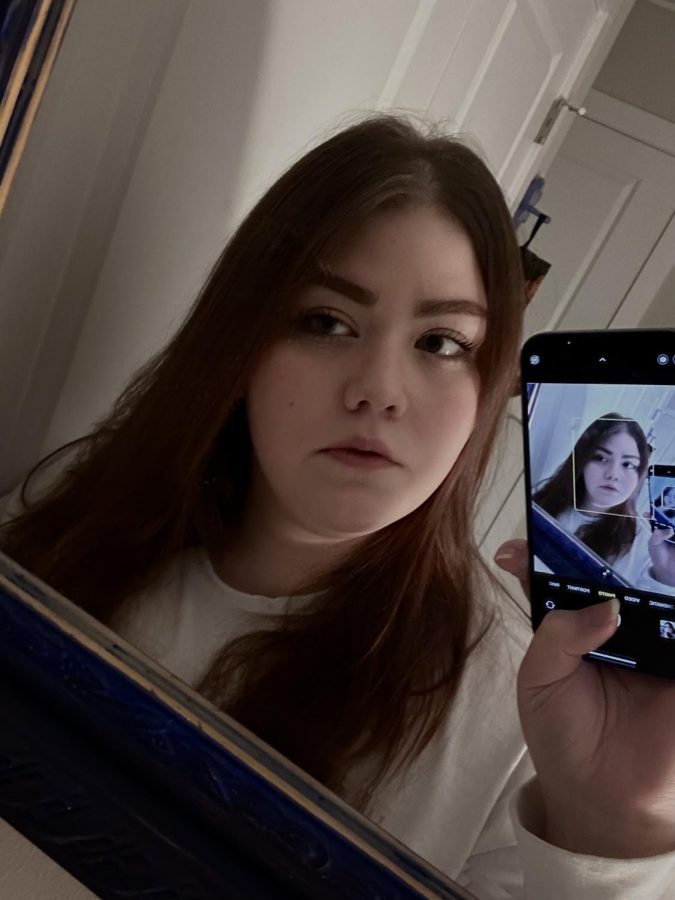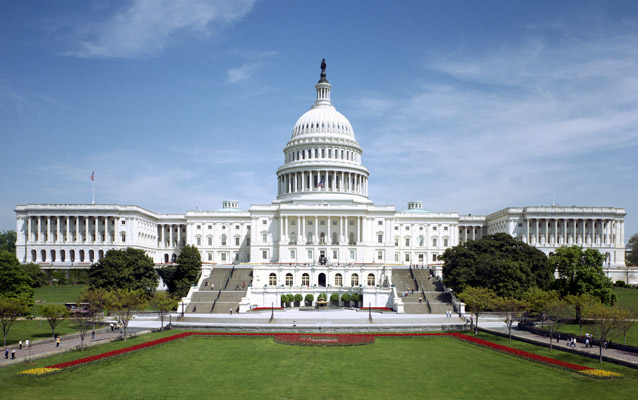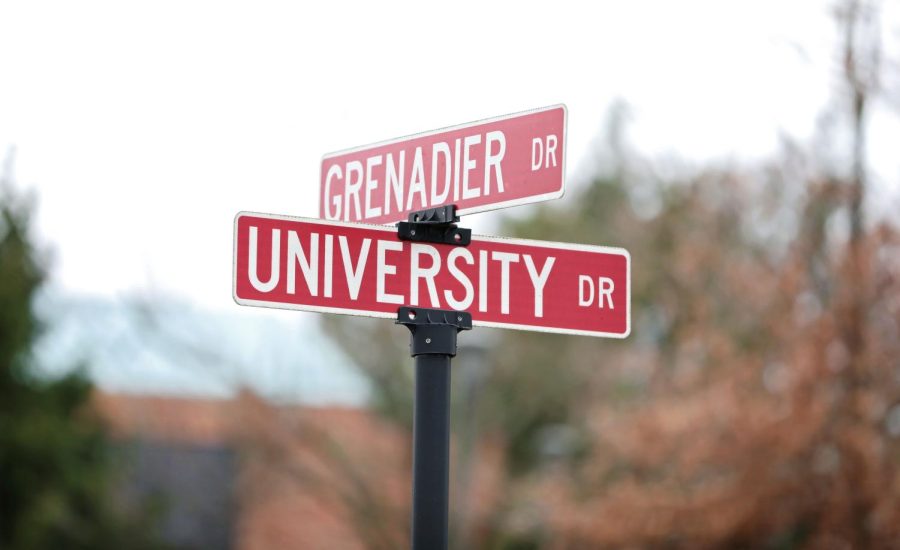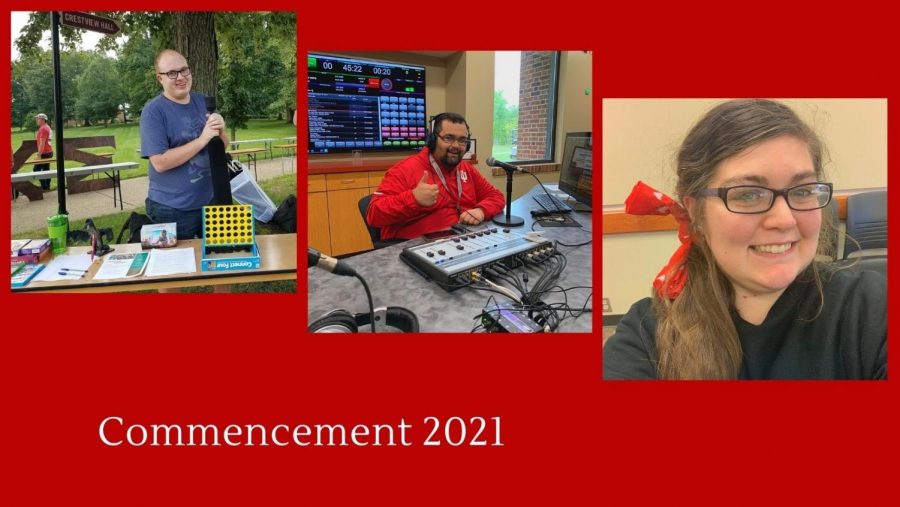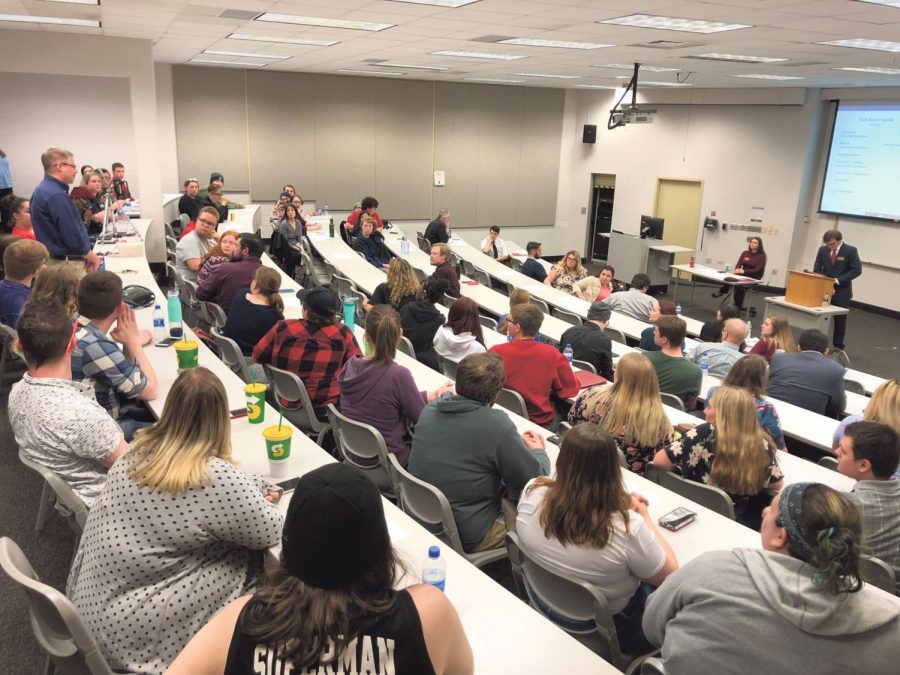On Wednesday, Feb. 5 several students, community leaders, concerned citizens and State Rep. Ed Clere, R – New Albany, gathered in the University Center at IU Southeast to voice their concerns of the proposed constitutional amendment HJR-3. Though gay marriage is already illegal in Indiana, if passed, this amendment would make that ban more permanent by including it in the state constitution.
“Freedom Indiana”, a statewide bipartisan coalition organized to defeat HJR-3, and two of its representatives, Chris Geggie and Dustin Collins, hosted this community event.
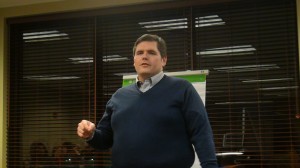
Allie Coons of New Albany spoke out at the event about some of the legal efforts she and her partner Tonya have made in the last eight years to get their relationship recognized by the state.
“We’ve had our ups and downs with health issues,” Coons said. “We have put in place every possible legal paper that exists to allow us to function as a couple legally; power of attorney, and medical surrogate papers. All of those things that give us legal rights to each other should God forbid anything to happen.”
Coons said that all of the things she and her partner have done could end, because of the second sentence of the proposed legislation; “that a legal status identical or substantially similar to that of marriage for unmarried individuals shall not be valid or recognized;” in other words, this sentence would effectively prohibit the state from recognizing civil unions.
The amendment, passed in the House Elections and Appointment Committee on January 22, and was then sent to the House of Representatives. The House, however, passed a version of the amendment on January 27, by a 52-43 vote, that did not include the sentence Coons was concerned about.
The new version seeks to simply to define marriage as ‘one man and one woman,” and was voted upon by the Indiana Senate’s Judiciary Committee and approved by a 57-40 vote on January 28.
Clere, an IUS alumni, voted against the amendment.
“In 2011, and again this year, I’ve voted against it every time I’ve had the opportunity,” Clere said. “It affects all of us personally, some of us more than others. There’s no one who isn’t touched by this through a friendship, a family relationship, or through some connection.”
Clere said there is still a chance that the amendment could be changed back with its original language.
“We took out the second sentence, but the first part still passed. Now it’s in the senate and then it will be in the committee on Monday and then it will probably go to the full Senate later in the week,” Clere said. “ Next week they may try and put the second sentence back in. If that happens it would have to come back to the House for further consideration, or they may pass it with just the first sentence.”
Clere said that will affect whether it’s on the ballot this fall or some other year, or never.
Father David Price, Priest of The United States Old Catholic Church, said HJR-3 would be the repetition of a mistake made throughout history.
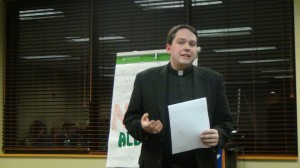
“We look back across the past two thousand years in church history and we see a struggle to conform to one of the greatest commandments ever given to us, ‘love thy neighbor,” Father David Price, Priest of The United States Old Catholic Church, said.
“Where are we going?” Price said. “It’s not a question that we can answer without knowing where we have been. We look back across the past two thousand years in church history and we see a struggle to conform to one of the greatest commandments ever given to us, ‘love thy neighbor.’”
Price said that loving thy neighbor is really about inclusion. It rejects the idea of excluding anyone no matter who they are.
“The Indiana Constitution opens Article One with an inclusive idea that all are created equal,” Price said. “Right now the idea of exclusion does not yet exist in that document. HJR-3 seeks to change that. It would result in the outright exclusion of many residents in Indiana.”
Yesterday, the Indiana Senate Committee voted to send HJR-3 to the full Senate.


